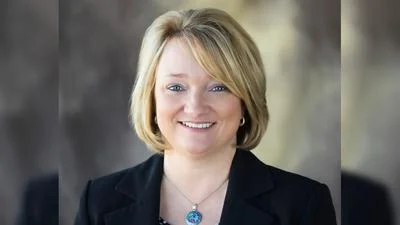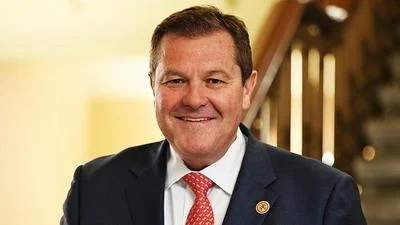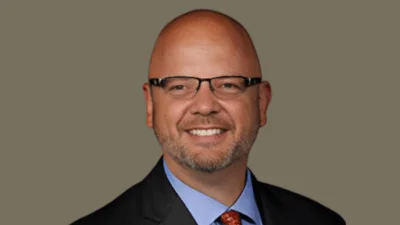shutterstock
shutterstock
Illinois Gov. Bruce Rauner recently told reporters that he spoke with President-elect Donald Trump on a private phone call and that the interaction was a “good, positive conversation.”
Rauner also said he expects to have “good relations” with the soon-to-be-president and his new administration.
“I’ve had some good conversations with the new administration in Washington because I want to try to figure out if we can work together, because I want Illinois to benefit from the changes coming,” Rauner said. “I talked with the president-elect. We talked about working together. It was a good, good, positive conversation. I had never spoken with him before. Two of his most senior folks in his administration are good personal friends of mine, and allies of mine in politics, so we’re going to have a voice and good relations.”
Rauner and his administration have not commented on who the “good personal friends” of his are on the president-elect’s administration, but he does share ties with the vice president-elect, Mike Pence. Nick Ayers was in charge of running campaigns for both Rauner and Pence, which suggests that the future vice president could be one of the “friends” Rauner was speaking of in his statement. Chip Englander, who led Michael Nest Strategies’ Illinois office and is close to Trump’s chief of staff, Reince Priebus, was a consultant for Rauner during his campaign. The chairman of Rauner’s campaign and fundraising committee, Ron Gidwitz, also was the finance chairman of Trump Victory Illinois.
During the presidential campaign, Rauner refused to endorse Trump or even mention his name. This changed during Rauner’s post-election interview, however, with Rauner not only mentioning Trump’s name, but also stating that he would be able to work with the administration.
Rauner may not have mentioned Trump’s name during the election, but he said that, as head of the Illinois Republican Party, he would support the Republican nominee. He refused to say any more than that, adding that he hoped to cultivate a “good working relationship” with members of the new administration.
It has also come to light that Rauner and Trump may share the same views when it comes to government employees. The Washington Post recently published a story, headlined "Trump has a plan for government workers. They’re not going to like it,” in which it said Trump would institute many changes at the federal level that Rauner and his allies have done in the State of Illinois.
“President-elect Donald Trump and the Republican-controlled Congress are drawing up plans to take on the government bureaucracy they have long railed against, by eroding job protections and grinding down benefits that federal workers have received for a generation,” the article said. “Hiring freezes, an end to automatic raises, a green light to fire poor performers, a ban on union business on the government’s dime and less generous pensions — these are the contours of the blueprint emerging under the Republican control of Washington in January. These changes were once unthinkable to deferral employees, their unions and their supporters in Congress, but Trump’s election as an outsider promising to shake up a system he told voters is awash in 'waste, fraud and abuse' has conservatives optimistic that they could do now what Republicans have been unable to do in the 133 years since the modern civil service was created.”
Rauner recently won an Illinois Labor Relations Board Decision that will more than likely lead to him being able to implement his changes to provisions for government union workers. Some of the changes that Rauner intends to make are lengthening the workweek from 37.5 to 40 hours, changing the holiday-pay policy, requiring that employee contributions to health care be higher and putting a stop to “fair share” fee deductions from paychecks. The biggest difference, however, in Rauner and Trump’s plans is that Rauner is forbidden by the Illinois Constitution from reducing pension benefits.






 Alerts Sign-up
Alerts Sign-up